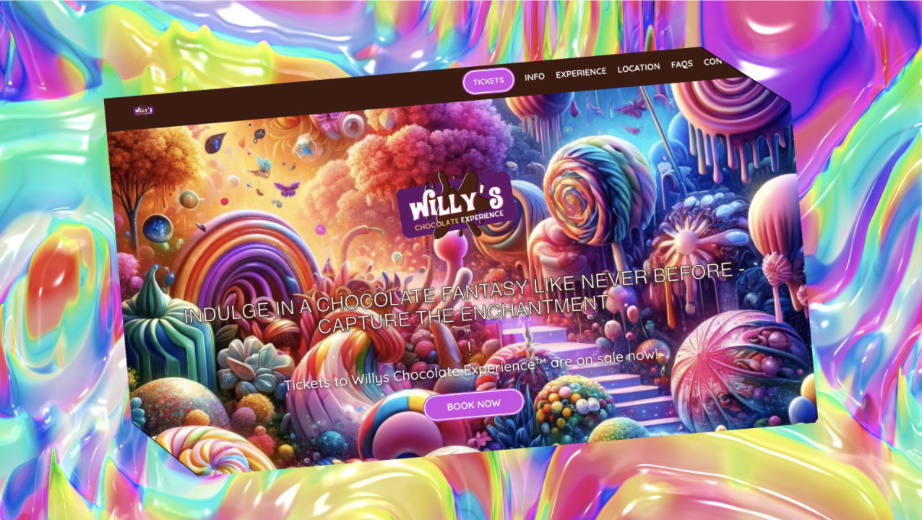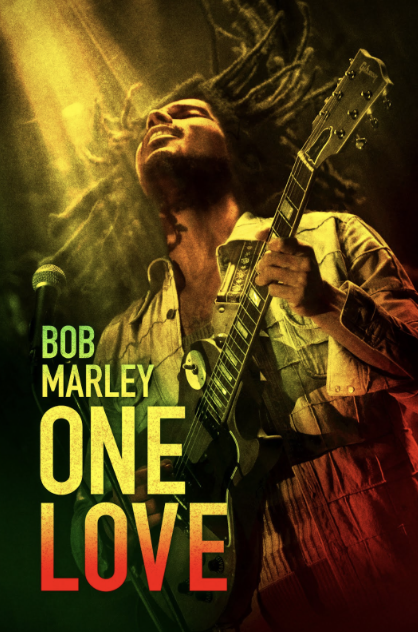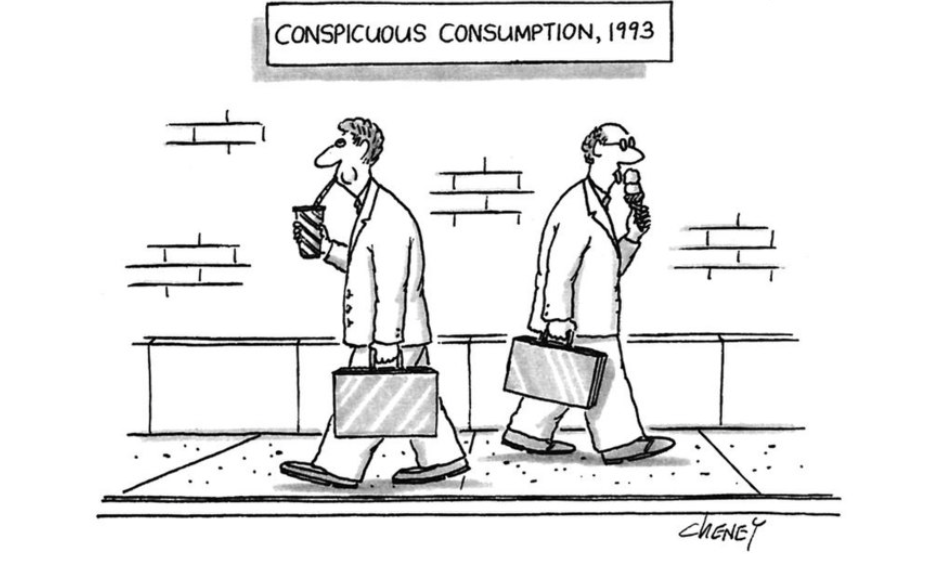As one of the most eccentric comedians of his time, the late George Carlin was known for everything but staying within the lines of what was deemed appropriate. From his “Seven Dirty Words” routine to his rather colorful comments on religion, many shied away from Carlin’s work due to its explicit nature. His vulgarity kept many from listening to his stand-up. Yet cloaked under all the expletives was Carlin’s veritable understanding of the world.
Carlin frequently spoke of euphemisms and their complex place in the English language. In one of his best-known routines, he spoke of euphemisms as “words that shade the truth;” he asserts that “Americans have trouble dealing with reality.” Following this was a historical survey on the phenomenon of soldier weariness after war. In World War I, it was called shell shock: a phrase that connotes trauma and disturbances. Soon, it changed to battle fatigue—a phrase less jolting, and as a result less expressive of how terrible war and its after-effects really was. This was only the beginning of the phrase’s transformation, however. Battle fatigue changed to operational exhaustion, which in recent years has acquired the name posttraumatic stress disorder. Indeed, the modern usage of PTSD is somewhat of an insult to the service of soldiers. No longer do they feel shock from their time spent defending the country. Instead, they feel “stress”—or, so modern language convinces us.
Indeed, examples of these euphemisms are rampant in the English language today. Many believe that the unpleasant characteristic of something can be changed altogether if it is referred to in a different way. This can be exemplified by the idea of death. People all over the world fear death so much to the point that they make a new verb for it: passing away. More and more, it seems that people do not die, but rather pass away. This currently accepted phrase takes the sting out of death, sugarcoating the most natural part of life.
Even in education euphemisms run wild. On state-sponsored standardized testing, students score Advanced Proficient, Proficient, or Minimally Proficient in descending order. It seems idiomatically incorrect to label the low-scoring students “minimally proficient” rather than what they really are: low-scoring. Yet because students cannot have their feelings hurt, everybody must be labeled proficient in one degree or another.
The effect, you may ask? A dilution of meaning and significance. Hidden under all the jargon of PTSD is the true pain of military service. We lose our appreciation for soldiers.
Passing away connotes painlessness, as if death may as well be something to look forward to. And by being convinced that death isn’t bad, we simultaneously lose gratefulness in our life, in our ability to breathe, to be human, and to live.
No longer can one student be than another—each and every student must be labeled using the same root term. smarter
The only true way to curb these toxic words and phrases from modern culture is to refrain from using them. Next time you must speak of a soldier’s pain and suffering, do not call it stress. Next time someone ceases to exist, say that they died. And next time someone scores low on an exam, do not associate him or her with the word proficient.



































